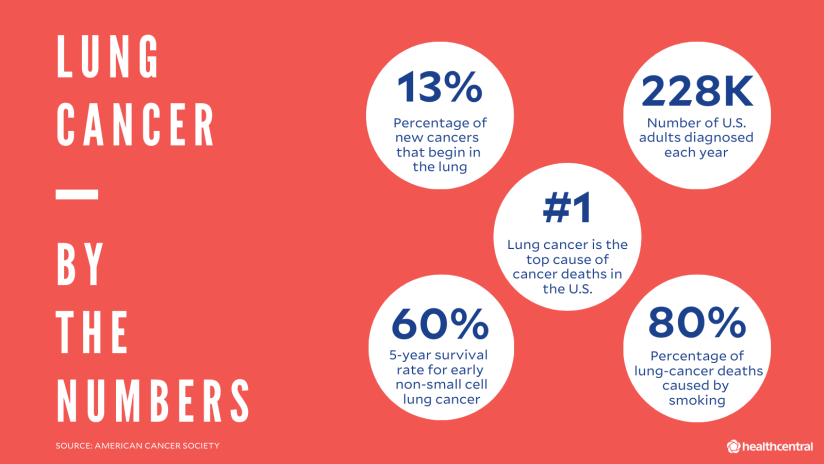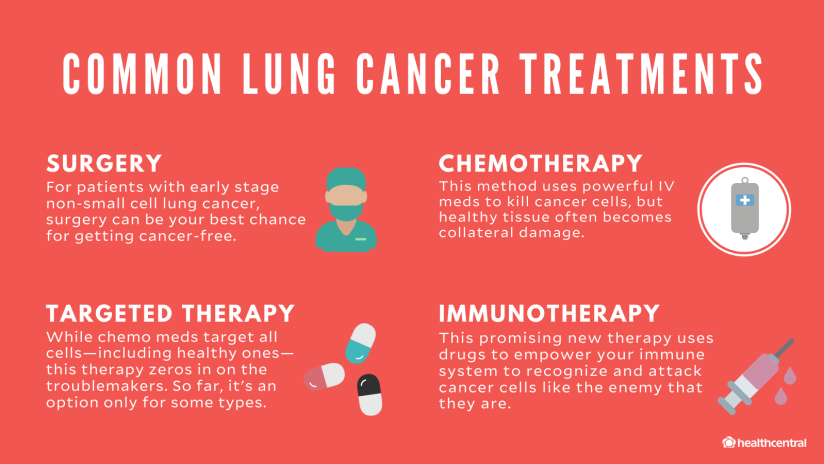“Catch your breath”
Lung cancer was a diagnosis I never expected to hear. Being a nonsmoker with absolutely no history of asthma or any respiratory health issue, it took me by complete surprise. However, I grew up as a child of a smoker. My trips to school, restaurants and intercity drives were in our little smoke-filled Mazda during the 90’s. So, maybe I should not have been so shocked. My parents love me. I don’t know why this was okay.

(Rajal Patel, 2020)
What is Lung Cancer?
Lung cancer is a cancer that starts in the lungs and spreads to other parts of the body. When a person gets lung cancer, abnormal cells cluster together and form a tumors. Cancer cells, unlike normal cells, grow without regard for order or control, causing damage to healthy lung tissue. Malignant tumors are what they’re termed. When cancer cells travel throughout the body, they obstruct the right functioning of organs.
Who is at risk?
Lung cancer may strike anybody, however, certain factors increase ones chances of developing it.
• Smoking
One of the most major risk factors for lung cancer is smoking which is responsible for around 9 out of 10 instances of lung cancer in males and almost 8 out of 10 cases in women. If you quit smoking, your risk is lower than if you continued to smoke. You will, however, be at a larger risk than those who don’t.
• Secondhand smoke is a mixture of cigarette smoke and smoke exhaled by a person. When you inhale it, you are vulnerable to the same cancer-causing chemicals that smokers are exposed to, albeit in lower levels. Childhood exposure to secondhand smoking raises the risk of lung cancer even in individuals who have never smoked. The more secondhand smoke a person ingests as a kid, the higher his or her risk of developing lung cancer as an adult. Children who are exposed to secondhand smoke for extended amounts of time every day are 3.6 times more likely to get lung cancer as adults than children who are raised in smoke-free homes. Even little amounts of secondhand smoke are hazardous.
- Family history.
- Exposure to chemicals like arsenic, beryllium or tar.
- Exposure to radiation such as from radiation therapy.
- Air pollution.
- HIV infection
What are the symptoms?
Lung cancer usually do not cause any symptoms. If one does have symptoms, they may include;
- Pain or uneasiness in the chest.
- Cough.
- Wheezing and difficulty breathing.
- Blood in mucus.
- Weight loss and fatigue.
- Loss of appetite
- Trouble swallowing
- Swelling in the face.
Types of Treatment

(Rajal Patel, 2020)
It is critical to take preventative actions to keep yourself and your loved ones safe from lung cancer. One of the most frequent risk factors for lung cancer is smoking cigarettes, which is a completely avoidable behaviour. Encourage individuals you care about to avoid smoking and instead use other strategies to reduce the risk of lung cancer. Maintaining general lung health also necessitates regular medical visits and checkups. While a cure for lung cancer may take years or decades to develop, World Lung Cancer Day is an important opportunity to increase awareness about the disease’s risk factors and symptoms. Being your own health-care advocate might save your life.
References:
Anon, 2020. What are the risk factors for lung cancer? Centers for Disease Control and Prevention. Available at: https://www.cdc.gov/cancer/lung/basic_info/risk_factors.htm#:~:text=Your%20risk%20of%20lung%20cancer,that%20can%20cause%20lung%20cancer.
Hitti, M., 2005. Secondhand smoke raises kids’ lung cancer risk. WebMD. Available at: https://www.webmd.com/children/news/20050127/secondhand-smoke-raises-kids-lung-cancer-risk.
Lung.org, 2021. Lung cancer basics. American Lung Association. Available at: https://www.lung.org/lung-health-diseases/lung-disease-lookup/lung-cancer/learn-about-lung-cancer/lung-cancer-basics.
Medical ReviewerRajal Patel, M.D., 2020. Lung cancer symptoms, causes, treatments, surgeries, and more. Lung Cancer Symptoms, Causes, Treatments, Surgeries, and more. Available at: https://www.healthcentral.com/condition/lung-cancer.
Medical ReviewerRajal Patel, M.D., 2020. Lung cancer symptoms, causes, treatments, surgeries, and more. Lung Cancer Symptoms, Causes, Treatments, Surgeries, and more. Available at: https://www.healthcentral.com/condition/lung-cancer.
Medlineplus, 2021. Arsenic. MedlinePlus. Available at: https://medlineplus.gov/arsenic.html.
Medlineplus, 2021. Radiation therapy. MedlinePlus. Available at: https://medlineplus.gov/radiationtherapy.html.
NHS, 2021. Nhs choices. Available at: https://www.nhs.uk/conditions/lung-cancer/symptoms/.




